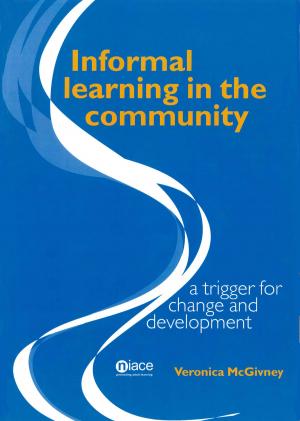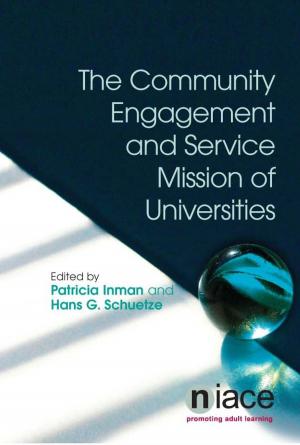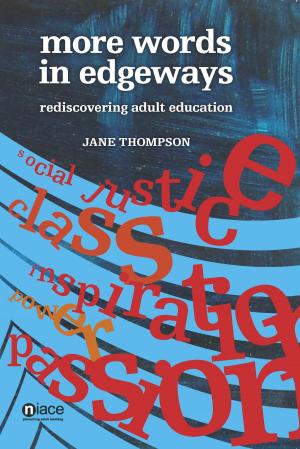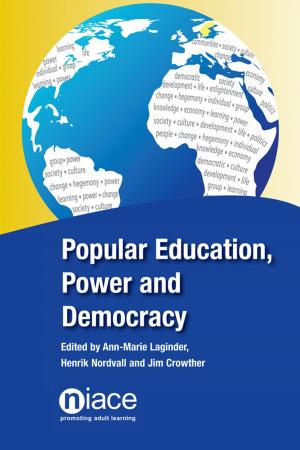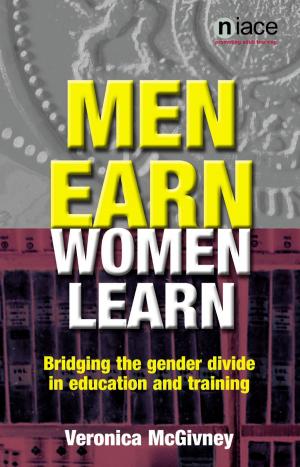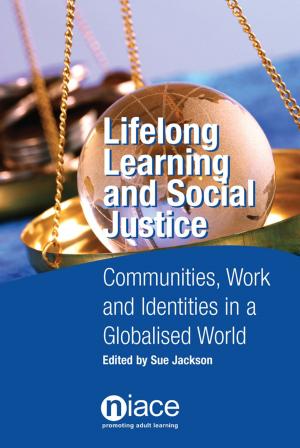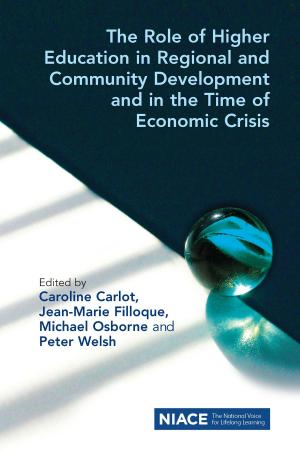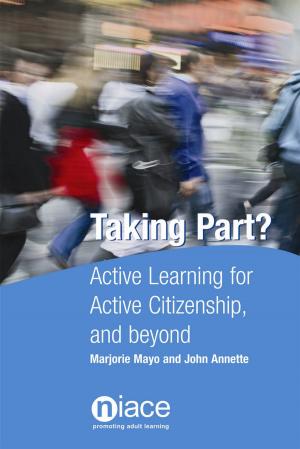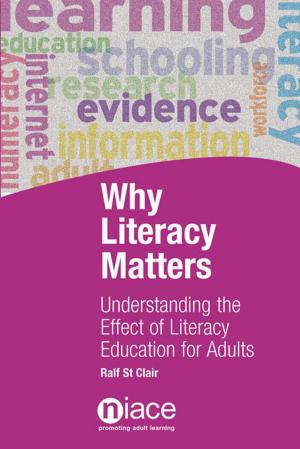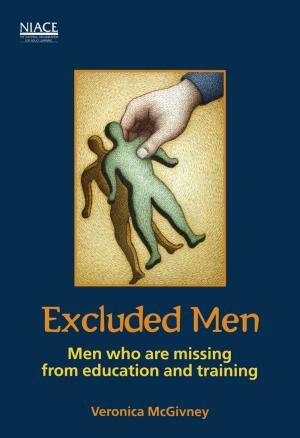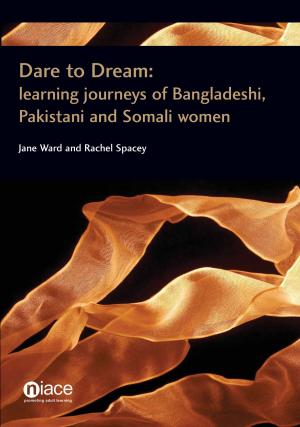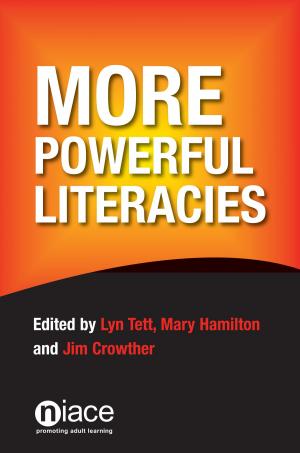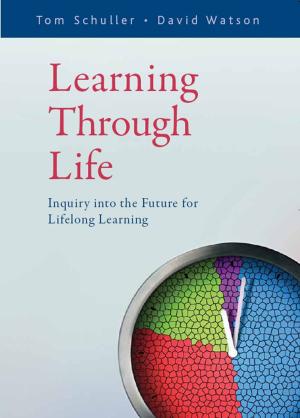A Critical History of ESOL in the UK, 1870-2006
Nonfiction, Reference & Language, Study Aids, ESL, Foreign Languages, Education & Teaching| Author: | Sheila K. Rosenberg | ISBN: | 9781862015487 |
| Publisher: | National Institute of Adult Continuing Education (NIACE) | Publication: | December 31, 2007 |
| Imprint: | National Institute of Adult Continuing Education | Language: | English |
| Author: | Sheila K. Rosenberg |
| ISBN: | 9781862015487 |
| Publisher: | National Institute of Adult Continuing Education (NIACE) |
| Publication: | December 31, 2007 |
| Imprint: | National Institute of Adult Continuing Education |
| Language: | English |
There are clear lessons to be drawn from the history of English for speakers of other languages (ESOL) in the UK on the role, function and funding of post-school and community education, as well as the particular position of language learning and basic skills, and their relationships with each other. This authoritative historical survey of the teaching and learning of ESOL for adults (in this text defined as individuals over the age of 16) resident in the UK from 1870–2006 covers five major themes:
Language: the effects of changing theories and practice of language teaching and learning; and the increasing hegemony of English as a world language
Government attitudes to and provision for immigration, refuge and settlement
International economic, social and political factors
Central, local, community and voluntary organisation responses to meeting the needs of ESOL learners
The adult basic skills campaign in the UK from the 1970s and its relationship to the funding and provision of ESOL
Drawing on her own personal experience, and that of established and respected practitioners, Rosenberg critically evaluates adult ESOL provision over time and across sectors, aiming to contribute to and widen current debates about adult education, citizenship and entitlement, and inform future policy in the development of ESOL provision.
There are clear lessons to be drawn from the history of English for speakers of other languages (ESOL) in the UK on the role, function and funding of post-school and community education, as well as the particular position of language learning and basic skills, and their relationships with each other. This authoritative historical survey of the teaching and learning of ESOL for adults (in this text defined as individuals over the age of 16) resident in the UK from 1870–2006 covers five major themes:
Language: the effects of changing theories and practice of language teaching and learning; and the increasing hegemony of English as a world language
Government attitudes to and provision for immigration, refuge and settlement
International economic, social and political factors
Central, local, community and voluntary organisation responses to meeting the needs of ESOL learners
The adult basic skills campaign in the UK from the 1970s and its relationship to the funding and provision of ESOL
Drawing on her own personal experience, and that of established and respected practitioners, Rosenberg critically evaluates adult ESOL provision over time and across sectors, aiming to contribute to and widen current debates about adult education, citizenship and entitlement, and inform future policy in the development of ESOL provision.

